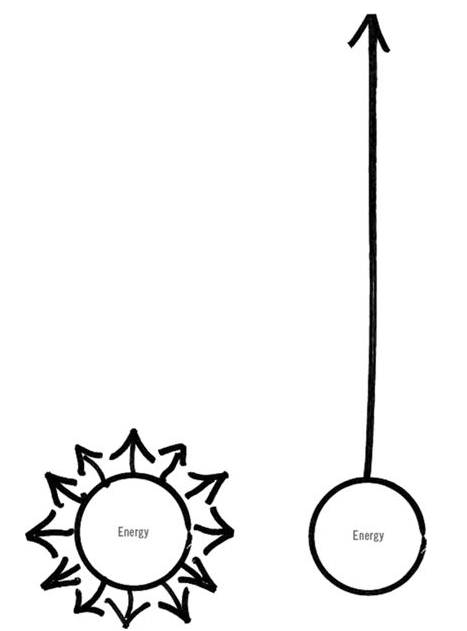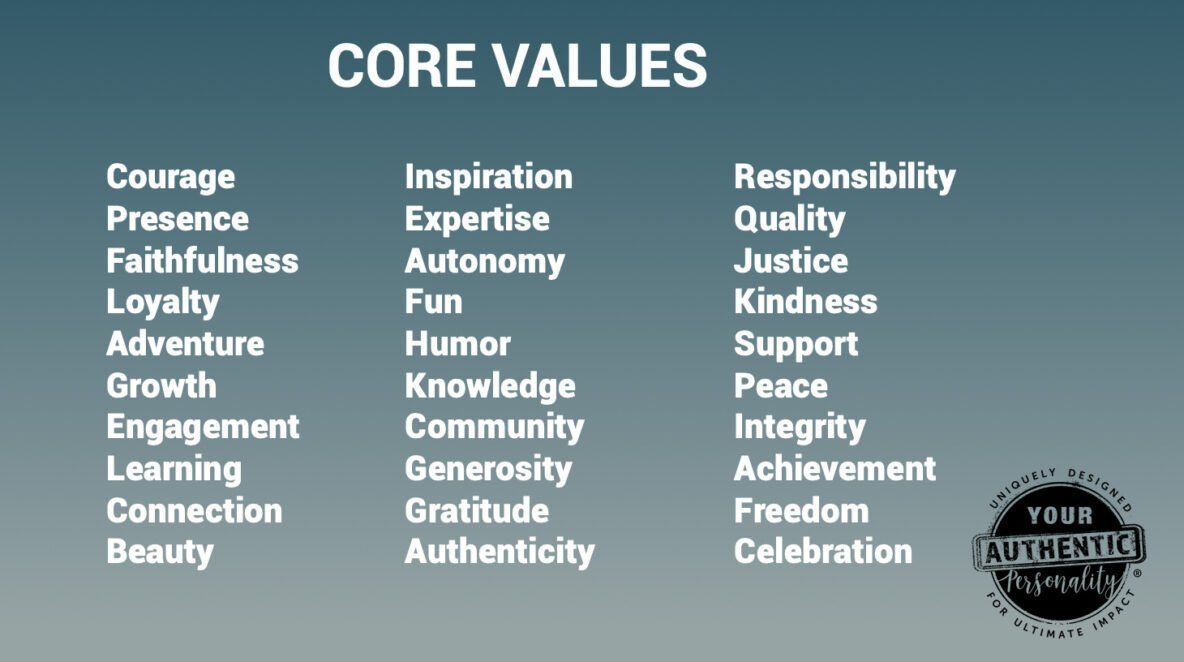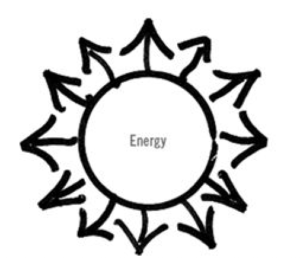How to Keep the Urgent from Hijacking What’s Important
January 14, 2025
How to Keep the Urgent from Hijacking What’s Important
Optimal progress requires prioritizing tasks, detaching from urgency, eliminating the unnecessary, and focusing deeply on what truly matters.

There’s a Native American saying that if you chase two rabbits, you’ll lose them both.
Just ask my dog, she knows its true.
I have seen this truth in action as a parent, trying to juggle multiple issues for multiple children, and getting nowhere fast. But more than any other time, I have struggled with success when chasing too many rabbits in my work.
RABBIT CHASERS V. RABBIT CHOOSERS
In his bestselling business book, Essentialism, Greg McKeown, describes the problem with this graphic.

The circle on the left represents my dog, Stella, and me, the rabbit chasers or as I like to call us, multitaskers. Rabbit chasers like us believe that everything is equally important so we pour energy and effort into multiple issues at the same time. But if you notice from the picture, all of our energy and effort is going in different directions, keeping us stuck in the same place. Busy, but not productive. Urgent but not important.
The image on the right is that of a rabbit chooser. Rabbit choosers take the same amount of energy and effort as the multitaskers do, but they apply it in ONE direction allowing them to make meaningful progress in the things that matter the most.
Which one are you? A rabbit chaser or chooser?
The reason we chase and ultimately lose rabbits is due to a loss of meaning. Michael Hyatt said it best:
People lose their way when they lose their WHY.
FOUR WAYS TO KEEP THE URGENT FROM HIJACKING WHAT’S IMPORTANT
Here are four ways to tap into deeper meaning so that the urgent doesn’t hijack what’s important.
#1 DISCERN THE IMPORTANCE OF YOUR TO-DO LIST
Write out your To-Do list on the left side of a sheet of paper.
On the right side, list 3-5 of your top core values. Here’s a list of values that you might choose from.

Finally, draw a line from each To-Do to the value it honors.
The percent of To-Dos that connect to your values shows you the percent of your time that is spent meaningfully. The percent of To-Dos that don’t connect with any of your values, which I see frequently when I do this exercise with clients and audiences, shows you the percent of time you are playing whack-a-mole with urgency.
#2 DE-TRIGGER THE URGENT
The world wants you to constantly be “on”, cutting into your margin and leaving you triggered. A triggered brain is a reactive brain and a reactive brain never thinks about things like WHYs, meaning, or important long-term goals.
You may not realize you are doing this, but constantly recounting the lack of time keeps you in a triggered state.
- I need more than 24 hours in a day.
- There’s too much to do.
- I’ll sleep when I’m dead.
- There’s just not enough time.
Focusing on the lack of time will only expand your experience of scarcity. However, if you want to slow the hurry in order to think clearly enough to make good decisions, just repeat this one phrase over and over again:
There is enough time.
Say it again, because it’s that important. There is enough time.
Say it in the morning when you rise, in the office when you’re stressed, and definitely in traffic when you’re ready to lose your mind. There is enough time.
Can you feel your shoulders soften and your brain returning? It works every time.
#3 DEDUCT THE URGENT
Everyone likes to add. To-Do lists are about adding errands and responsibilities. Brainstorming is about adding ideas. Knowledge comes from adding learning.
But, wisdom is found in the process of subtraction. You must remove what is unnecessary so that you can do what is best.
So…which of those little arrows do you need to deduct today?

Is it something you feel you have to do, or should do, but hate to do?
Is it something that you can do, but based on your hourly rate, it’s not wise for you to do it?
Is it something that can wait?
In order to pursue the important things in life, you must get good at subtraction. If it isn’t a Hell Yes! then it’s probably a clear no. At least for now.
#4 DEEPEN THE IMPORTANT
One of the three elements of motivation is a desire for mastery. There is nothing better at revving your engine than the thought of getting really good at something. Malcom Gladwell, in Outliers, says that requires 10,000 hours. That is 4 hours per day, 5 days per week, 50 weeks per year, for 10 years. That’s a lot, but according to the experts, it is necessary to develop a deep expertise and prioritize what is important.
If you can’t spare the first half of your day, consider Time Blocking one to two hours first thing every morning—since your brain is most resourced then. Close the door. Turn off your mail app. Put your phone on airplane mode. And sink deeply into important work.

What important work would you do with those 5-10 precious hours?
Here are three questions to consider when choosing how to focus:
What is the ONE THING you want to accomplish before you retire?
What is the ONE THING you want to make real progress on?
Where do you think in your heart of hearts, you could be ONE of the best?
Your answers, although faint at first, whisper to the contribution you are here to make. They are part of a bigger vision for your life and the impact you might have if you stop chasing rabbits and start choosing real life.
Here’s to your Life to the Full!
Take the Quiz, Are you Living your Fullest Life?




